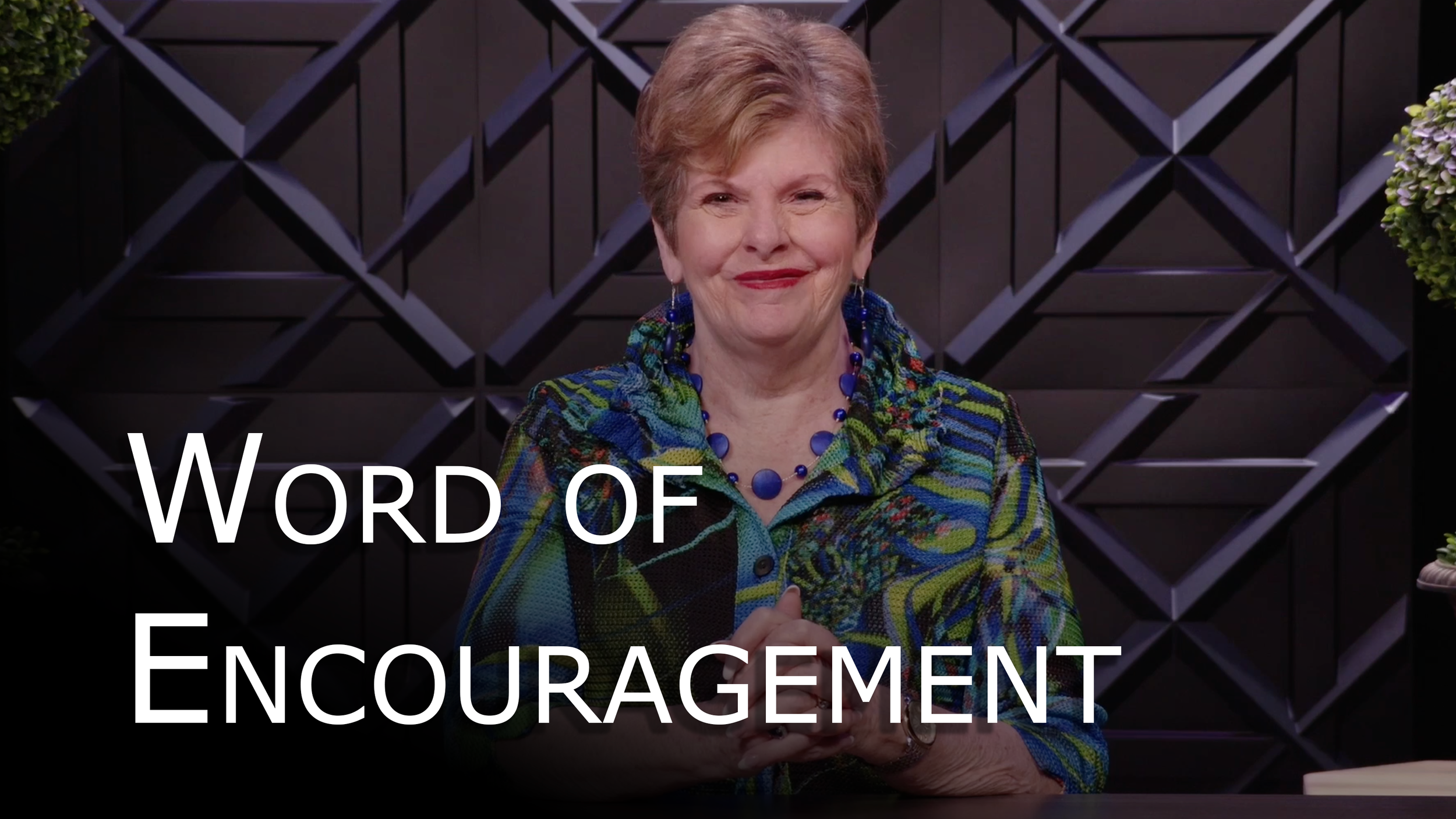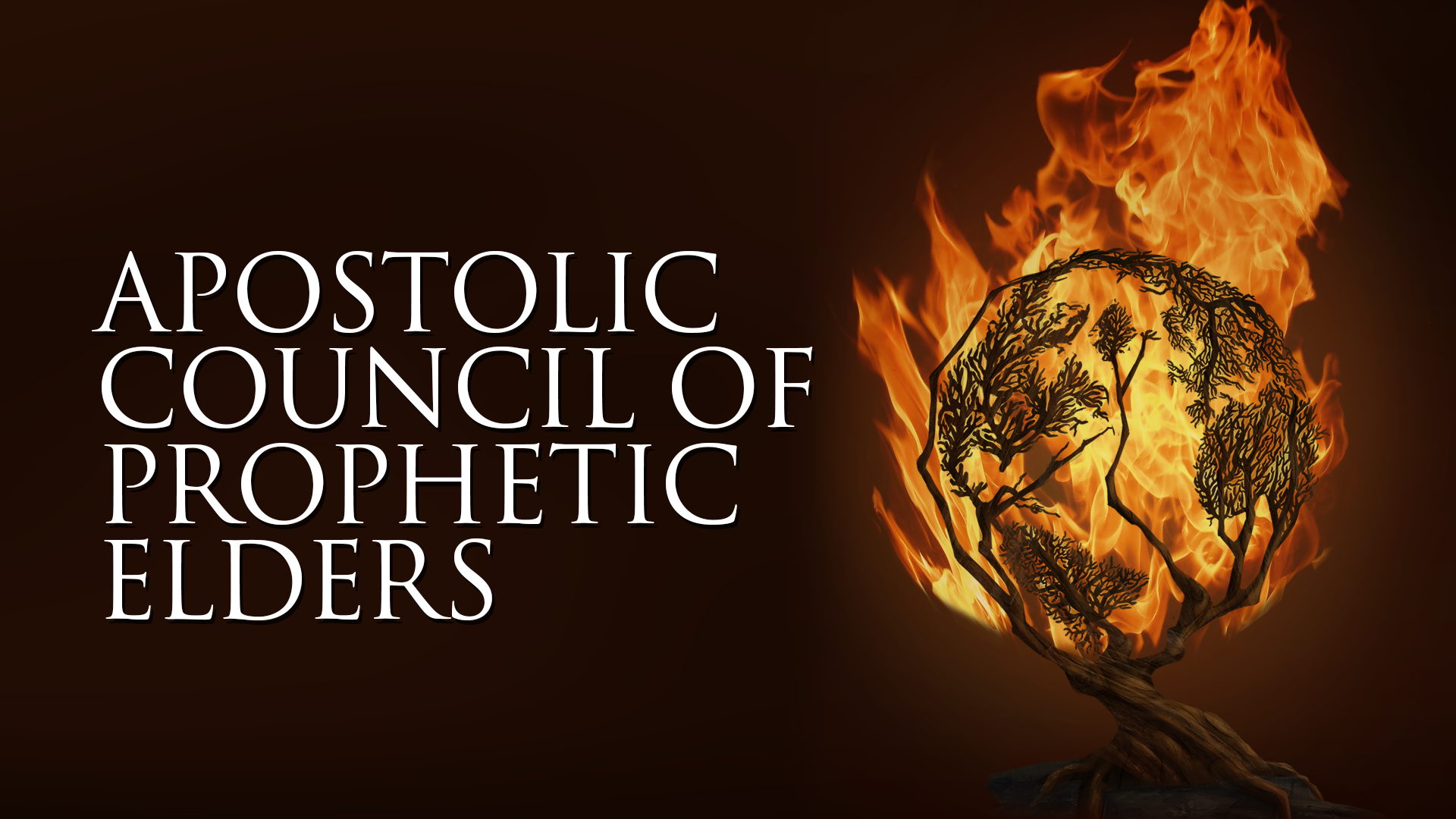
Everyone wants to know their purpose in life; they want to understand what they were put on this earth to do. If you have been around church for any length of time, you have most likely been told that God has a plan for your life—also popularly referred to as “finding your calling.”
We put a lot of emphasis on this in Christian circles. Young people who are trying to make decisions about what to do after high school feel enormous pressure, particularly if they are not yet sure what they are “called to do.” People begin a dating relationship with each other, and well-meaning family and friends will ask about the significant other’s calling—a means to try and determine compatibility. Others get to midlife and find themselves dissatisfied or restless, wondering if they’ve somehow missed their calling.
But what if we have been focusing on the wrong question? What if the real issue we need to address is one of identity, rather than calling?
Clarifying Terms
If we turn to the dictionary, we are offered a clearer understanding of how these two concepts are actually distinct from each other. Identity is defined as “the state or fact of remaining the same one or ones, as under varying aspects or conditions; the condition of being oneself and not another; the sense of self, providing sameness and continuity in personality over time.” The British Dictionary puts it this way: “the individual characteristics by which a person or thing is recognized.”
In other words, your identity is what makes you uniquely you. It encompasses the characteristics, strengths, weaknesses, gifts and other traits you possess. Your understanding of these aspects may unfold over time, but they are constant. No matter what you are doing, these elements are with you. Identity is who you are.
Calling, on the other hand, refers more to what you do. The dictionary defines it as “vocation, profession, or trade; a call or summons; a strong impulse or inclination.” It is a particular path or series of actions.
Why It Matters
Perhaps it seems like I’m splitting hairs here, but I believe the distinction in these two terms is significant, and that understanding the difference can alleviate some pressure. Contrary to what many may think, your calling—what you are supposed to do—changes and shifts with various seasons of your life. Your identity—who you are—is a constant.
The gift of this understanding is revealed in several ways:
1. The ability to more fully recognize and embrace seasons:
People who discover their passion and spend their lives doing just that one thing are rare. Most of us will have a variety of passions, dreams and opportunities to pursue at different stages of life. Some elements will overlap; others will be more singularly focused. Rather than resist these changes or despair because a certain dream is not being realized right now, we can wholeheartedly enter into the place God offers us in a particular time. In other words, because we know that what we do will change, we can take comfort in knowing our character is being revealed and strengthened in each season.
As a personal example, I have been a youth leader (in the US and in the UK), a worship leader, and a teacher at different points in my life. All these roles reflect my strengths and gifts, as well as my deep love for music, young people, and nations. Currently, though, my primary roles are being a writer/editor and being a mother to two small children. Initially, the transition to this season was rough (well, it still has occasional rough moments); I have struggled with giving up music and with not using my speaking gifts—even with not being on a platform.
A shift came, however, when I realized that my identity has not changed—all those gifts, skills and dreams are still there. What has changed is my calling for this period of time, but because I know my identity, I am able to embrace the season I am in and find new ways to explore my identity. And who better to pour my teaching gifts, my love of the presence of God, even my interest in other cultures and countries into besides my own children?
2. The merging of sacred and secular:
One of the most overwhelming benefits of understanding the distinction between identity and calling is the doors it opens to bring powerful spiritual truths into unexpected places. Spiritual gifts do not have to be restricted to the four walls of the church. We will say this again and again because it is one of the things we most strongly believe here at Generals: the gifts that make up your identity can be used anywhere God opens a door.
A dear friend of mine is an incredibly gifted hair stylist and make-up artist (her calling); she is also very prophetic and compassionate (her identity). The hair salon she owns is regularly soaked in prayer and has one of the most peaceful atmospheres you will ever walk into. In her industry, it is commonly joked about that people will tell anything and everything to their hairdresser; as much as they laugh about it, it is so true. My friend recognized her unique opportunity to speak hope and truth to every person who sat in her chair. People go in for a haircut; they leave with encouragement, prophetic words, prayers, even healing.
3. The reputation for integrity:
Referring back to our earlier dictionary definitions, your identity provides “sameness and continuity in personality over time.” When you are grounded in your identity, there is a consistency in who you are and what people can expect from you. It does not matter if you are working in a church setting or a corporate setting, you will be recognized by the character and fruit in your life (see Matthew 12:33).
Our culture has had enough of people who put on one mask for church and another for the rest of the world. God wants to establish your identity as His child; then whatever calling He has for you in a specific season, you can live a life worthy of that calling (see Ephesians 4:1).
Reflection
-
Do you see the distinction between your own identity and calling? Think of some things that make you unique—gifts, traits, skills, etc. Now think of some things you like to do and things you are passionate about. How do you see your identity reflected in what you are called to right now?
-
Ask the Holy Spirit to reveal places where there may be inconsistencies in your character. Repent and ask Him to help you better establish integrity in every area.
Understanding your identity is a crucial part of walking out the calling of God on your life. Click below to read our recent articles on identity:
Recent Posts








